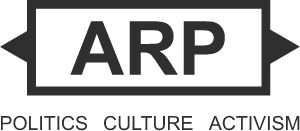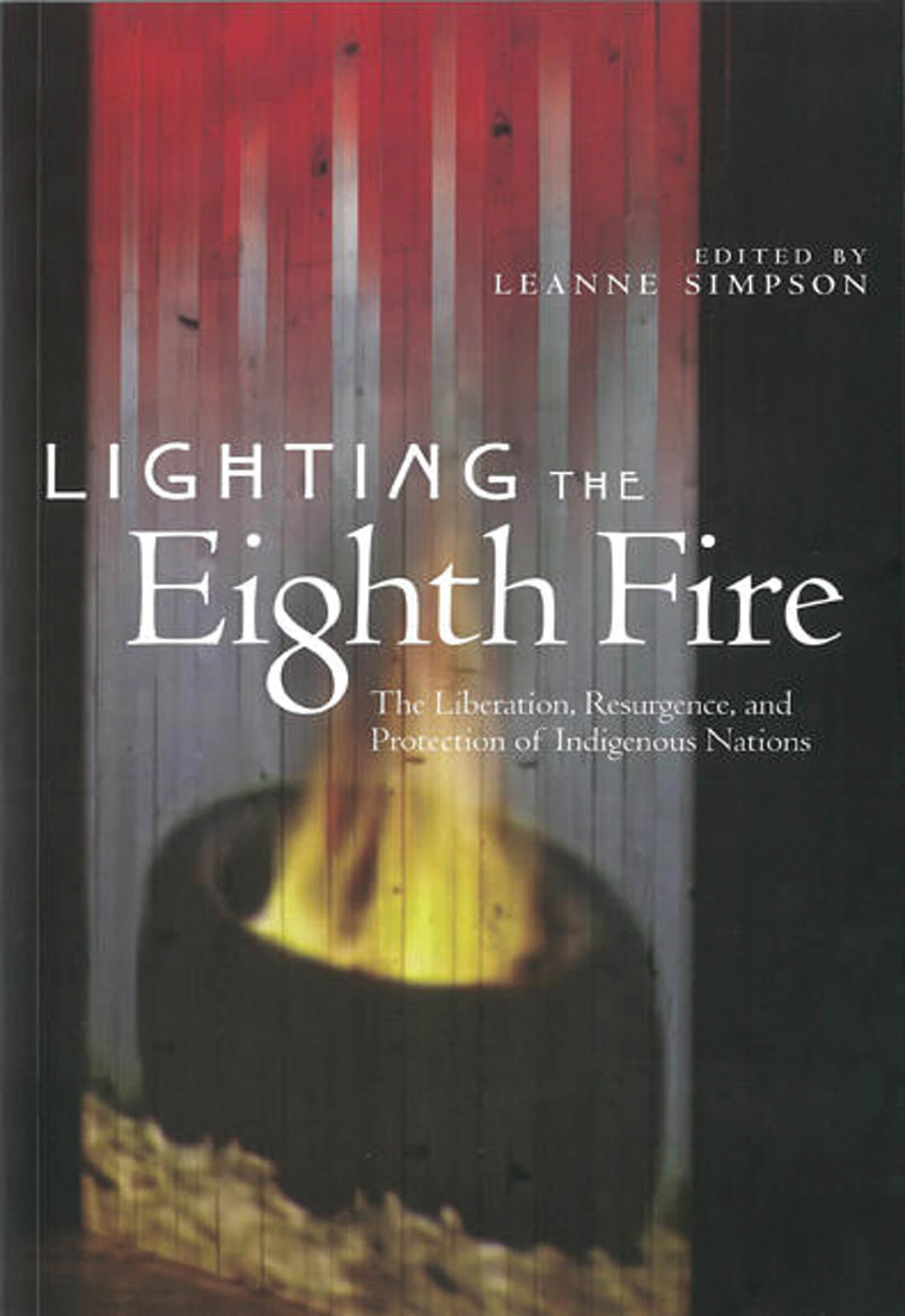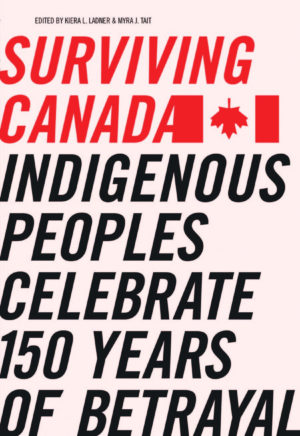Lighting the Eighth Fire Contributors
Contributors
Charlie Greg Sark
Charlie Greg Sark is a cross-blood who maintains and exercises his inherent rights, roles and responsibilities as a member of the Mi’kmaq Nation. His writing has appeared in a few places, and sometimes under assumed identities. Currently, he is passively assembling his writing into a collection of prose, poetry, and rants. He sometimes lives on Prince Edward Island, and he sometimes lives in Ottawa. Someday, he would like to go to the moon (but, the Whitehouse would do).
Smokii Sumac
Smokii Sumac is a Ktunaxa poet whose first book of poetry, you are enough: love poems for the end of the world was published in 2018 by Kegedonce Press. In addition to writing, Sumac dedicates much of his work to Indigenous and LGBTQ communities. His work has been published in Write Magazine, Electric City Magazine, and Canadian Literature. In 2020 Sumac was named as a finalist for the Dayne Ogilvie Prize for emerging LGBTQ writers.
Susan M. Hill
Susan M. Hill is a Haudenosaunee citizen and resident of Ohswe:ken (Grand River Territory). She holds a PhD in Indigenous Studies from Trent University and is an Assistant Professor of Indigenous Studies and Contemporary Studies at Wilfrid Laurier University, Brantford. Her work focuses on Haudenosaunee relationships to land stretching from the cultural history through contemporary history and into the present day.
Nicholas Xumthoult Claxton
Nicholas Claxton’s WSÁNEĆ (Saanich) name is Xumthoult, and he was born and raised in WSÁNEĆ Territory. He is from the Tsawout Band of the WSÁNEĆ Nation, on southern Vancouver Island. Nick is an instructor on First Nations Studies at Malaspina University-College and is currently working on his PhD in environmental studies at the University of Victoria.
Fred (Gopit) Metallic
Fred Metallic is from a Mi’gmaq family of fishers. His family lives in the traditional territory of Gespe’gewa’gi, the seventh district of Mi’gma’gi. In addition to being a PhD candidate in environmental studies at York University, Fred Metallic is currently working as the Director of Research at the Migmawei Mawiomi Secretariat in Listuguj. Recently, Fred Metallic taught literature and history courses, in the Mi’gmaq language, for St. Thomas University (New Brunswick). Fred has written several research reports and has presented numerously to Mi’gmaq and non-Mi’gmaq communities, on topics related to Mi’gmaq history, Mi’gmaq political traditions, governance, and research ethics and protocols. Through his academic, professional, and personal pursuits, Fred advocates for the necessity to reconcile pre-and-post-colonial visions of the land and waters. To reconcile competing visions, we need to respect, listen, and follow those who still understand the voices of the land and waters.
Renée Elizabeth Mzinegiizhigo-kwe Bédard
Renée Elizabeth Mzinegiizhigo-kwe Bédard is a Nishnaabekwe (Ojibwe) from Dokis First Nation, Marten Clan. She holds a BA in History from Nipissing University and an MA in Canadian/Native Studies from Trent University. Currently, she is completing her doctoral degree in the Indigenous Studies PhD program at Trent University. As a scholar, painter and craftswoman, she focuses both her writing and art on issues that have an impact on the lives of Nishnaabe-women, specifically their cultural traditions, their knowledge, and their roles and responsibilities as Nishnaabe-kwewag.
Paula Sherman
Dr. Paula Sherman is Omàmìwinini (Algonquin) and Family Head on Ka-Pishkawandemin, the traditional Council from Ardoch. She is also an assistant professor in Indigenous Studies at Trent University in Peterborough, ON.
Jackie Price
Jackie Price is Inuk from Nunavut, and grew up in Rankin Inlet and Iqaluit. Jackie received her BA in political science from the University of New Brunswick, and her MA from the Indigenous Governance Program at the University of Victoria. Between her degrees, Jackie held various policy posts within the Government of Nunavut. Jackie currently lives in Ottawa, where she is an instructor at Nunavut Sivuniksavut, a college-level program specifically for Inuit students from Nunavut.
Jocelyn Cheechoo
Jocelyn Cheechoo is from Moose Cree First Nation and is the Old Growth Organizer for the Rain Forest Action Network in San Francisco. She is currently completing her MA in Native Studies at the University of Manitoba.
Laura Hall
Of Kanienkehaka, Irish, French, Métis, and English heritage, Laura Hall was born and raised in Sudbury, Ontario, and currently lives and breathes in downtown Toronto. She is currently completing her PhD in the Faculty of Environmental Studies at York University. Her theoretical focus is on Indigenous, and in particular Haudenosaunee, economic philosophies and practices, land reclamation, and self-determination. Her practical focus is on sustainable economic initiatives. She hopes that this work will soon include a bio-diesel vehicle-sharing project, which will allow Indigenous researchers to travel off the concrete “grid” in cheaper and less polluting ways.
Brock Pitawanakwat
Brock Pitawanakwat (Nishnaabe-Whitefish River First Nation) was born and raised off-reserve and, since 2003, has taught Indigenous Studies at First Nations University (Regina Campus). He is also a doctoral student in the University of Victoria’s Indigenous Governance Programs with a dissertation that explores how Nishnaabeg maintains and revitalizes Nishnaabemwin in urban centres. Other Indigenous research interests include anti-oppressive social movements, fundamentalism, language revitalization, and ethno-political/social mobilization in Abya Yala and Tahuantinsuyu.
Isabel Altamirano-Jiménez
Isabel Altamirano-Jiménez is a Zapotec woman from southern Mexico and holds a joint appointment as assistant professor in the Department of Political Science and the Faculty of Native Studies at the University of Alberta. She has done extensive research comparing Indigenous politics in Canada and Mexico. Among her recent publications are “The Construction of Difference and Indigenous Transnationalism in North America”; “Indigenous Peoples and the Topography of Gender in Mexico and Canada”; and “North American First Peoples: Slipping up into Market Citizenship?” Her research interests are Indigenous comparative politics, nationalism, gender issues, Indigenous development, self-government, and land rights.
Glen Coulthard
Glen Coulthard is a Yellowknives Dene PhD candidate in political theory at the University of Victoria and teaches in the Indigenous Governance Programs and the Department of Political Science.
Eden Robinson
Eden Robinson is a Haisla/Heiltsuk author who grew up in Haisla, British Columbia. Her first book, Traplines, a collection of short stories, won the Winifred Holtby Memorial Prize and was a New York Times Notable Book of the Year in 1998. Monkey Beach, her first novel, was shortlisted for both The Giller Prize and the Governor General’s Literary Award for fiction in 2000 and named a notable book by The Globe and Mail. Her most recent novel is Blood Sports.
Leanne Simpson
Leanne Betasamosake Simpson is a researcher, writer, and educator of Mississauga and Scottish ancestry and she is a member of the gidigaa bzhiw dodem of the Nishnaabeg Nation. She holds a PhD from the University of Manitoba, and her research interests include Indigenist theory and methodology, Indigenous political cultures, Indigenous Knowledge, and Indigenous philosophies on land and the environment.

 OUR BOOKS
OUR BOOKS




 US Shopping Link (Buy the Paperback @ AK Press)
US Shopping Link (Buy the Paperback @ AK Press)